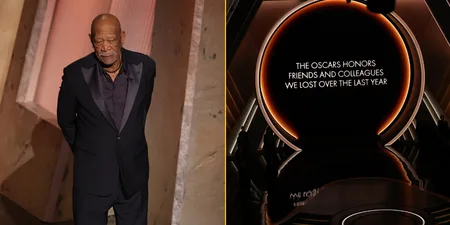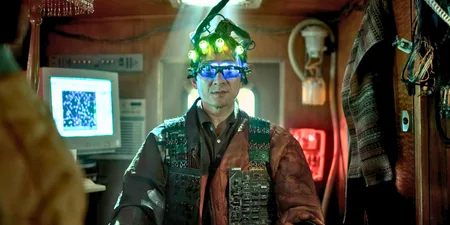Complaining about shows you probably didn’t even watch is the latest battleground of the culture wars
Earlier this month, Ofcom received over 24,000 complaints after the dance troupe Diversity performed a routine referencing the death of George Floyd on the September 5th edition of Britain’s Got Talent.
Another 1,900 complaints were then received when BGT host Alesha Dixon wore a Black Lives Matter necklace on a later edition of the show.
Then last week, the season-opener of The Great British Bake Off got over 300 complaints following a sketch in which Matt Lucas played Boris Johnson.
It is easy to sigh and be depressed about these things, that thousands of people can be so up in arms about primetime ITV making the mere acknowledgement that racism exists, and be compelled to actually make a formal complaint about Britain’s Got Talent, of all things. Is that how divided this country has become?
But it is important to look at how these things actually played out, to really understand what’s happening.
These are big numbers, it should be said. The most complained about show of the last decade, the 2018 incident involving Roxanne Pallet on Celebrity Big Brother, which got 25,327 complaints. And the second most complained about moment (Kim Woodburn walking off on Loose Women) only got 8,0002 – a third of what the Diversity performance received.
Yet what is interesting is how the complaints about the BGT performance steadily grew. The initial airing provoked a fair amount of complaints, which were reported by the media.
Thosee news reports ultimately brought it to a new audience, which meant that it generated even more complaints. Which pushed the level of complaints up to nearing-record numbers, which then got more press coverage, and therefore more complaintsand so forth. A vicious circle was born.
We’ve seen this happen before. In 2008, Russell Brand and Jonathan Ross left a lewd prank message on the answerphone of Andrew Sachs, during the former’s Radio 2 show. In the immediate aftermath, the show received just two complaints, only one of which referred to the Sachs phone call.
But it was only after The Mail on Sunday ran a piece on it a week later, that people began complaining en masse. Five days after the publication of that piece, it had received over 18,000 complaints. You can make your own guess about how many of those people listened to the original broadcast of the Radio 2 show.
Of course, I’m not saying you can’t be offended by something you didn’t see when it first aired. But it is so much easier to make a complaint to Ofcom these days. Thanks to Google and your phone, you can do it without even leaving your sofa. And with social media making everyone so fiercely tribal, it is also much easier to whip up a devoted minority into a frenzy to go and complain about stuff.
The good news is that Ofcom rejected the complaints about Diversity’s routine, citing that it did not reference “any particular political organisation,” and instead delivered “the message that the lives of black people matter.” And even though 24,000 is a big number in terms of complaints, 7,072,500 people watched the episode of Britain’s Got Talent. Which means at least seven million of them didn’t complain.
It is hard not to see the online mobilisation of mass complainers becoming a more frequent thing, especially when it comes politically charged issues like Black Lives Matter.
And it is, of course, important that we have a media regulator, and that the public is able to complain about media that they feel is unfair or inappropriate.
But we also need to remember that just because a few thousand idiots send an email to Ofcom, all it means is that a few thousand idiots know how to use Gmail.






































